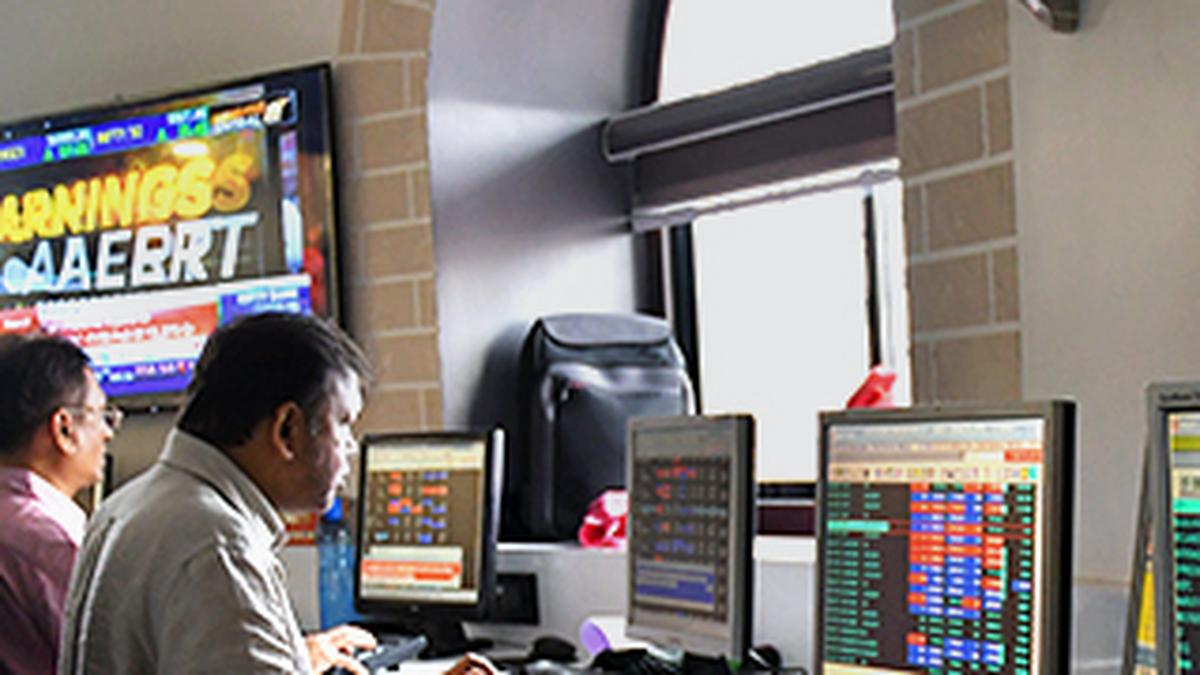Asian shares slipped after China’s new economic support disappointed some investors and data showed persistent deflationary pressures. Bitcoin surged past $81,000 to a record.
A gauge of the region’s equities dropped 0.4% early Monday, with losses in Australia and South Korea. Futures pointed to a weak open in Hong Kong. Japanese benchmarks were steady. US contracts edged higher after the S&P 500 rose 0.4% on Friday.
The focus will likely be on Chinese markets after Beijing unveiled a 10 trillion yuan ($1.4 trillion) program to defuse local governments’ debt risk but stopped short of unleashing new fiscal stimulus, preserving room to respond to a potential trade war when Donald Trump takes office next year. In addition to anemic inflation, sentiment toward the world’s No. 2 economy is also faltering as foreign direct investment continues to slump.
“Many feel that China is keeping its tactical powder in play for such time as the Trump-China tariff negotiations build, and they can respond in a more targeted fashion to stem the likely economic fallout,” Chris Weston, head of research at Pepperstone Group in Melbourne wrote in a note. “In the short-term, however, it does suggest downside risk to China/Hong Kong equity and the yuan.”
Elsewhere, Bitcoin surged past $81,000 for the first time in early Asia hours, after hitting a record $80,000 on Sunday, driven by the incoming president’s support for digital assets and the election of pro-crypto lawmakers.
Oil slid further after the biggest one-day drop in almost two weeks as a soft outlook in top importer China continued to plague the market.
The dollar was little changed in early Asian trading.
Federal Reserve Bank of Minneapolis President Neel Kashkari indicated at the weekend the central bank could ease rates less than previously expected amid a strong US economy. Kashkari emphasized, however, that it’s too early to determine the impact of Trump’s policies.
“The market’s next move will hinge on whether Trump prioritizes cutting taxes or raising tariffs, each having vastly different impact,” Tony Sycamore, an analyst at IG Markets in Sydney, wrote in a note. “This clarification may still be months away and it’s worth remembering that back in 2016, Trump’s first move was to cut taxes which sent stock markets surging before tariffs on China caused headwinds.”
This week, traders will be parsing data from Australian jobs to Chinese retail sales and industrial production, inflation from the US and Eurozone as well as growth readings in the UK and Japan. A swath of Federal Reserve officials are scheduled to speak which may help indicate the central bank’s thinking following the election result.
Also Read: Trade Setup for November 11: Can the Nifty defend lower levels as earnings disappointments continue?
First Published:
Nov 11, 2024 6:45 AM
IST

 1 month ago
1 month ago















